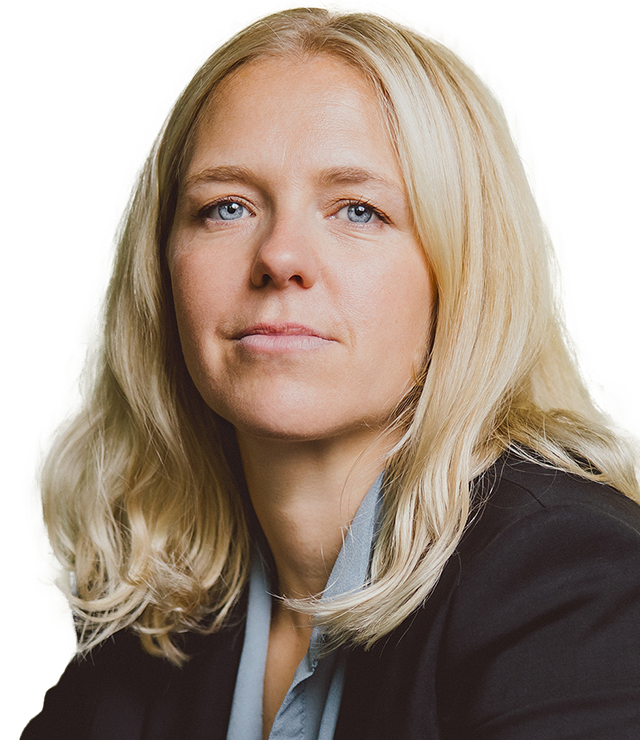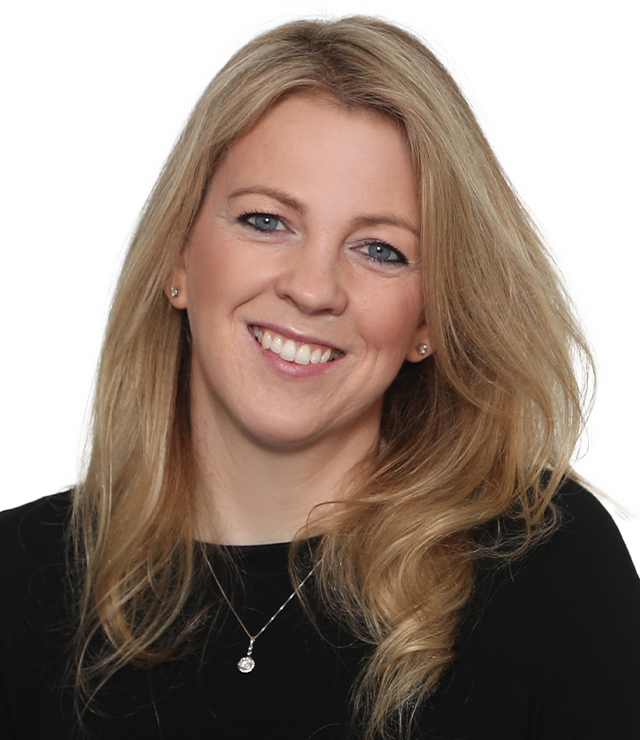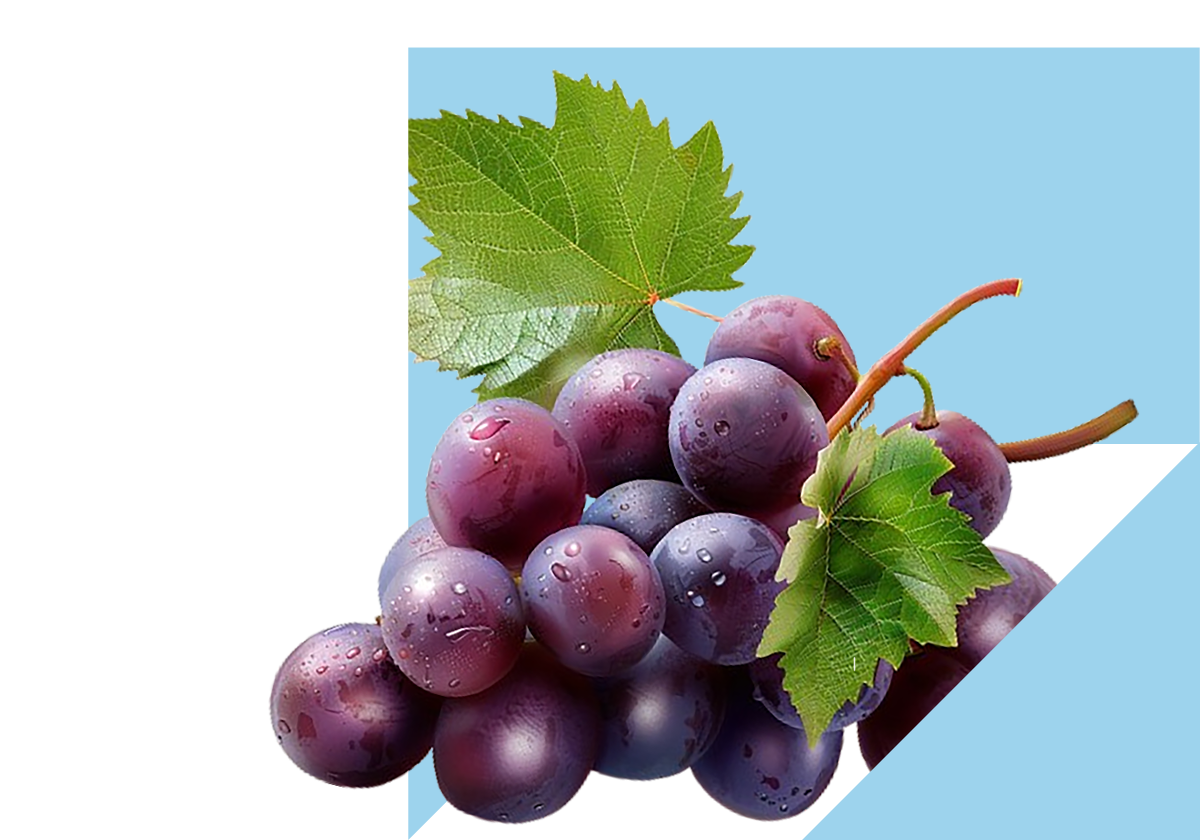Making wine is expensive. You need the land, the labour and specialist plant and machinery plus long-term capital to support expansion and maintenance. It takes five to ten years for a new vineyard to start selling wine so sufficient capital will be needed in the early years.
Where that money comes from is important. Are you borrowing it? From whom? What is the loan secured on? A range of assets can be used for security, not just land itself; some require more bespoke financing than others. The right finance can make a huge difference to the amount you can borrow, the interest you pay and how much flexibility you have over the operation of the business.
Generally, land is the easiest asset to secure and, in recent years, money has been reasonably cheap. However, high street lenders will not usually lend against agricultural property, meaning you need to approach the handful of specialist lenders in this area. Larger and more established vineyards with a trading history meanwhile are increasingly using asset-based lending, which is borrowing against receivables generated by the business as well as land, plant and machinery. This often provides more flexible working capital than vanilla loans secured against just the land.
With rising temperatures, improved technology, and increasing demand for wine and land suitable for vines, there is a real sense that vineyards in the UK are now, for some, a viable option. C. Hoare & Co. has funded both acquisitions and serious investment in existing businesses. As a 12th-generation family business, we take a long-term view well beyond the usual rolling five-year strategy, and with the cost of capital at a near-historic low, the timing couldn’t be better. We recognise, however, that vineyards need the right team on the ground, as well as favourable soil, aspect and climate conditions – we all know it only needs one unexpected frost to wipe out an entire season. This places winemaking some way up the risk spectrum, and it won’t be for everyone, but we have been on journeys with a number of well-advised customers and feel we offer a flexible approach.
As with any financing, it is often helpful to approach a specialist broker who can find the right lender for your business and its borrowing needs.
You will need a solicitor to act on your behalf. Lending terms can be onerous and it is important to take legal advice to understand them in the context of running the business day to day. A good lawyer will explain potential defects in your security to your lender and give solutions, rather than simply identifying problems.
Lenders will look at assets in the round and demand adequate security for the debt, like (in the case of companies) a debenture creating fixed and floating charges over all assets or a share charge from the shareholders over the borrowing entity.
Buying plant and machinery on hire purchase terms can make sense from a balance sheet point of view. Sophisticated creditors provide overdraft facilities (secured and unsecured), and legal charges can be left in place for short notice lending too. Collateral can also come from outside the business. Personal guarantees from beneficial owners or from trustees can be especially helpful for young businesses. Remember that trustees’ guarantees should be limited to trust assets and personal guarantees should be capped. Parent company guarantees can have implications for the wider group.
Ridgeview owners Tamara and Simon Roberts on pioneering English Sparkling Wine
Katherine talks to brother and sister team Tamara and Simon Roberts from Ridgeview – one of the leading brands of English sparkling wine.
Listen to our podcastUltimately a vineyard is a collection of assets and approaching it as a straightforward land purchase is not always the answer. Forsters’ Banking & Finance team knows about complicated real estate finance and asset-based lending. They will work closely with you and the Rural Land and Business team to understand the wider project. Combining these two elements allows us to advise on and structure the most suitable form of finance for you.
Cuxton winery appeal
Case law has established that wineries are agricultural uses for the purposes of planning. However, many vineyard owners and operators include ancillary uses such as visitor centres for wine tasting and restaurants. In a recent appeal decision it was these ancillary uses that caused adverse impacts and harm meaning the appeal was dismissed and planning permission was not granted.
Cuxton winery appeal articleMeet our team

Henry Cecil
Partner, Head of Rural Land and Business

Joe Beeston
Partner, Employment and Partnerships

Hannah Mantle
Partner, Trust and Estate Disputes

Rowena Marshall
Partner, Banking and Finance

Polly Montoneri
Partner, Rural Land and Business

Adam Saunby
Senior Associate, Rural Land and Business


